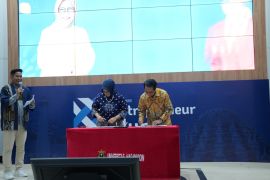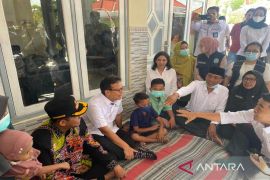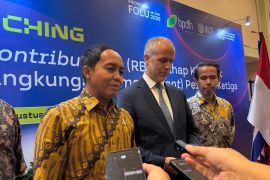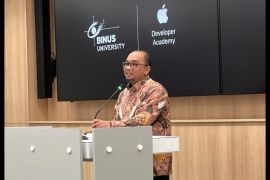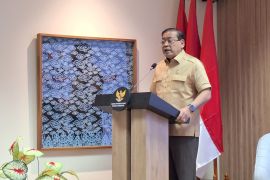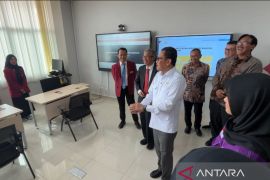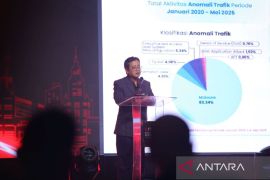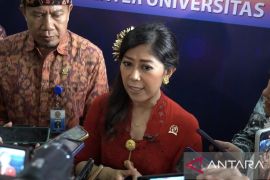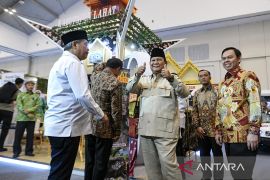She explained that the discussions on the Bandung Messages, Reinvigorating the New Asian-African Strategic Partnership (NAASP), and the Declaration on Palestine were carried out smoothly in the ministerial meeting.
"The meeting went well. It was productive and constructive, and was held with the primary agenda of discussing NAASP, which is a very important political platform for leaders," she stated here on Tuesday.
Marsudi added that in the ministerial meeting, all ministers had agreed upon the three documents in a short discussion as the review and finalization were discussed in the Senior Officials Meeting (SOM).
However, she admitted that the SOM discussion had been difficult and had also reached a deadlock as a few delegations did not agree with various sentences, or paragraphs, or the way they were worded.
The NAASP is vital as the visionary messages in the Bandung Messages, to strengthen Asian-African solidarity and cooperation, need to be implemented through a structured framework, which will be generated in the document.
However, the SOM finally adopted the three outcome documents of the AAC, having referred to the first draft that had been discussed in New York.
"The three outcome documents that have been agreed upon by the ministers will be presented to leaders during the Asian-African Summit," Marsudi affirmed.
According to a representative of the Indonesian permanent mission in New York, Desra Percaya, the Bandung Messages consists of 41 points, including the establishment of Bandung as the human rights city, while NAASP comprises 32 points, and the Declaration on Palestine, 15 points.
Besides these three outcome documents, Percaya added, ministers from countries of the two continents also agreed to adopt documents on the eradication of transnational crime, terrorism, radicalism, the smuggling of drugs, and wildlife poaching.
The Asian-African Leaders Summit will be held at the Jakarta Convention Center on April 22 and 23.(*)
Editor: Heru Purwanto
Copyright © ANTARA 2015
